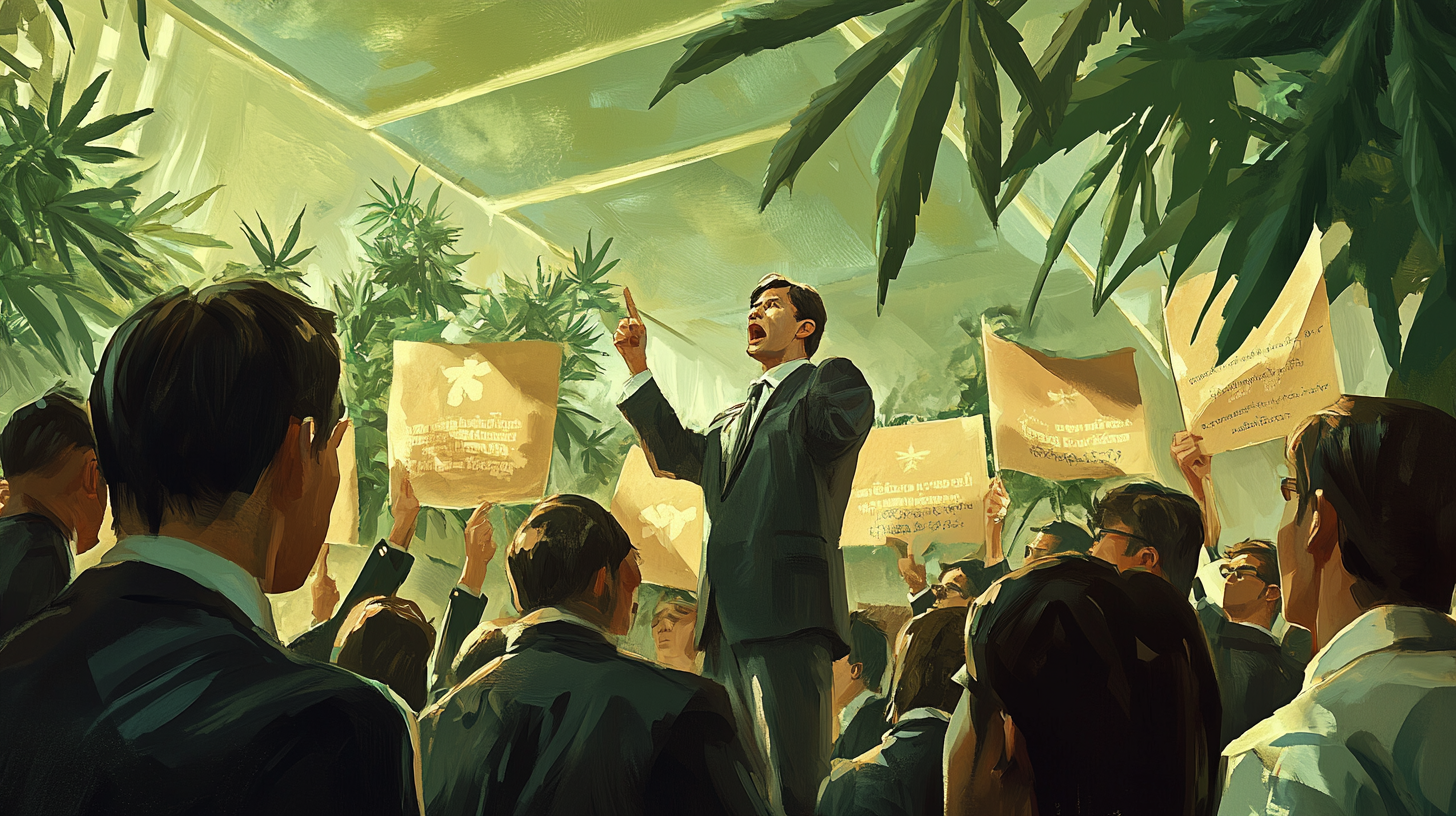Last updated on August 29th, 2024 at 03:30 am
- Why It Matters: Cannabis reclassification threatens to undermine access to medical and economic benefits for millions of Thais, prompting calls for balanced regulation.
- Driving The News: SUPACHAI JAISAMUT, advisor to the Deputy Prime Minister, insists on a people-focused cannabis policy and warns against reverting to outdated drug laws.
- What To Watch: Whether the Thai government will heed calls to regulate cannabis responsibly or push for reclassification driven by political agendas.
BANGKOK, THAILAND — As Thailand debates the future of cannabis, SUPACHAI JAISAMUT, advisor to the Deputy Prime Minister and former chairman of the Cannabis Bill Committee, has called for a balanced, people-focused approach to cannabis regulation. Speaking at a forum on cannabis policy, Supachai urged lawmakers to prioritize public benefits over political biases and warned against reclassifying cannabis as a narcotic.
Supachai emphasized that the Thai Bhumjaithai Party, which played a pivotal role in cannabis decriminalization, remains committed to making cannabis accessible for medical, health, and economic purposes. He highlighted that over 5 million Thais have already benefited from cannabis legalization, whether for personal health or business opportunities.
Supachai criticized recent attempts to politicize cannabis, suggesting that any move to reclassify it as a narcotic must be based on solid evidence. “If tomorrow they decide to turn cannabis back into a narcotic, they need a strong rationale,” he stated. Supachai argued that current regulations limiting THC content to below 0.2% were already a responsible step in controlling misuse while allowing economic growth.
He also dismissed the notion that cannabis should be reclassified as a narcotic simply due to political disagreements. “Cannabis has become a political plant,” Supachai lamented. “It’s disappointing that a political tug-of-war could halt the progress made over the past two years, harming those who have invested in and benefited from the industry.”
Supachai reiterated that cannabis regulation should be centered on public welfare, not political maneuvering. “Let’s put aside biases and look at the needs of the people,” he urged. He pointed out that proper regulation, not reclassification, is the best way forward to ensure cannabis continues to benefit public health, medicine, and the economy.
As activists and policymakers clash, the future of cannabis regulation in Thailand remains uncertain. With the government under pressure from both sides, the debate continues over how to balance public interest, economic growth, and political power.
Contributing Sources: Manager Online.
